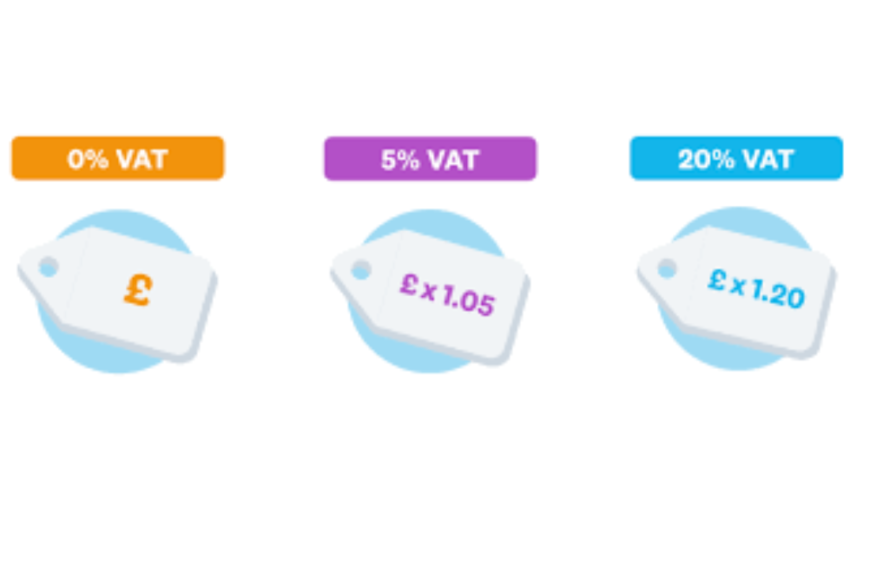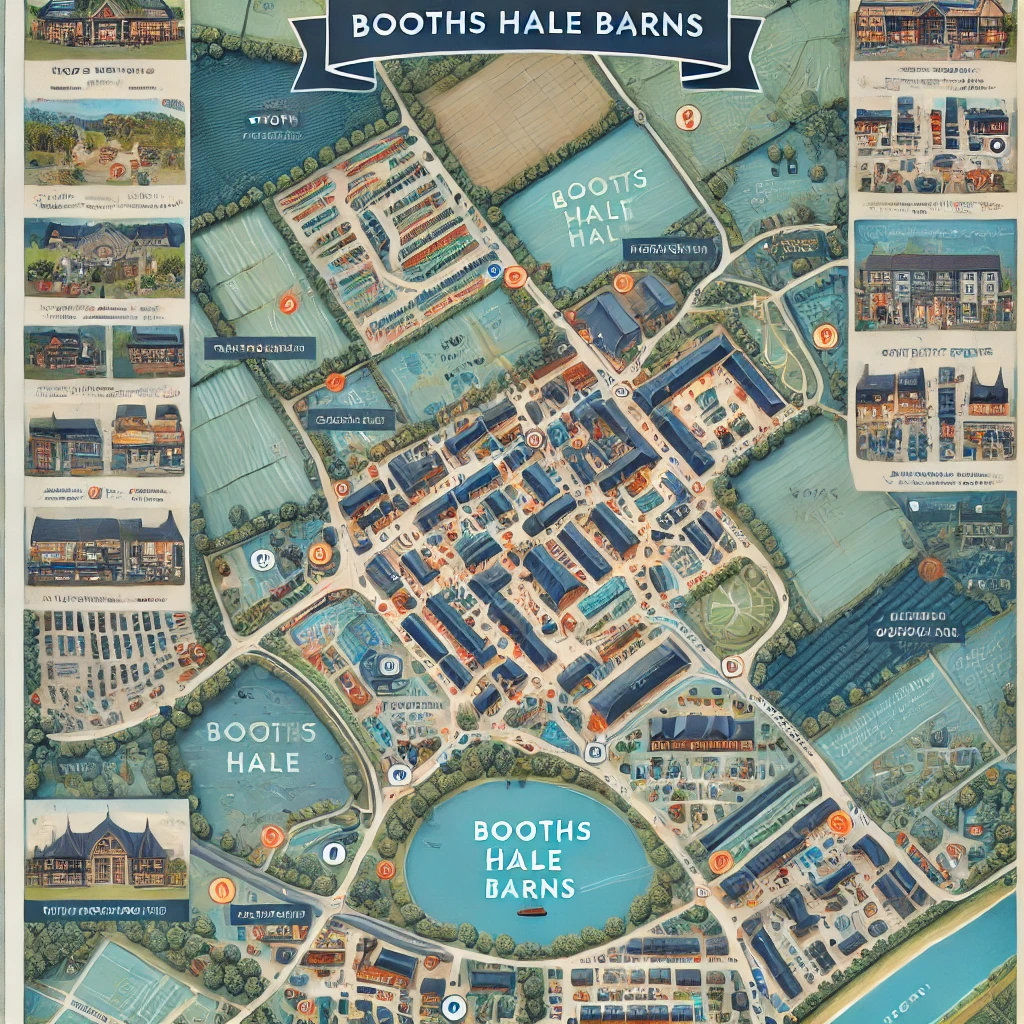In today’s rapidly evolving business and technology landscape, Agile methodologies have become the gold standard for delivering high-quality products efficiently. Agile encourages flexibility, continuous feedback, and incremental progress—all of which are essential in fast-paced environments where requirements can change overnight. It replaces rigid project planning with adaptive processes, enabling teams to respond to challenges and opportunities as they arise.
Among the many Agile frameworks, Scrum stands out as one of the most widely adopted. Scrum structures work into small, manageable chunks called sprints, allowing teams to deliver incremental value on a regular basis. It promotes collaboration, accountability, and transparency, helping teams remain focused on their goals while continuously improving.
However, the effectiveness of Scrum largely depends on how well it is implemented—and that’s where the Scrum Master comes in. As the servant-leader of the Scrum Team, the Scrum Master ensures that the framework is followed correctly, and the team remains aligned with Agile principles. Achieving a Scrum Master certification not only demonstrates a thorough understanding of these principles but also validates a professional’s capability to guide teams through Agile transformations. It shows that an individual is not only fluent in Scrum mechanics but also equipped to foster collaboration, remove obstacles, and drive continuous improvement within an Agile environment.
In essence, a certified Scrum Master is more than just a team facilitator—they are champions of Agile thinking and key players in delivering business value swiftly and efficiently.
2. Understanding the Role of a Scrum Master
The role of a Scrum Master goes far beyond organizing meetings or tracking progress. At its core, the Scrum Master is a servant-leader, someone who empowers the team, enables collaboration, and ensures that the Scrum framework is being properly utilized to maximize value delivery.
One of the most visible responsibilities of the Scrum Master is facilitating Scrum events. These include Sprint Planning, Daily Scrums (stand-ups), Sprint Reviews, and Sprint Retrospectives. The Scrum Master ensures that these events are focused, time-boxed, and productive, helping the team plan effectively, inspect their progress, and adapt their approach based on real-time feedback.
Another critical aspect of the role is removing blockers—anything that hinders the team’s ability to deliver on their sprint goals. Whether it’s a resource issue, a process inefficiency, or a communication gap, the Scrum Master works behind the scenes to clear the path so the team can maintain momentum.
Additionally, the Scrum Master serves as a coach, guiding the team to improve their workflows, adopt Agile best practices, and develop a culture of continuous learning. They don’t impose solutions but instead help the team discover better ways of working through reflection and experimentation.
A key part of their job is also to protect the team from external interruptions, such as unplanned work requests or pressure from outside stakeholders. By shielding the team, the Scrum Master ensures they can remain focused and productive within the sprint boundaries.
Finally, the Scrum Master plays an active role in promoting Agile values across the broader organization. This includes educating stakeholders, aligning other departments with Agile thinking, and encouraging a company-wide shift toward iterative, value-driven delivery.
By fulfilling these responsibilities, the Scrum Master becomes a central figure in enabling teams to thrive in Agile environments. Their presence helps ensure that Scrum is not just a checklist of ceremonies but a meaningful, effective approach to modern work.
3. Why Get Certified as a Scrum Master?
Pursuing a Scrum Master certification can be a game-changing move for anyone seeking to lead Agile teams or elevate their career in project management. First and foremost, certification demonstrates a deep understanding of Scrum principles, frameworks, and practices. It proves that you’re not just familiar with Agile terminology—you know how to apply it effectively in real-world settings.
A certified Scrum Master also gains credibility and trust within teams and organizations. Whether you’re working with developers, stakeholders, or leadership, having recognized credentials helps establish you as a knowledgeable and dependable Agile practitioner.
Beyond personal validation, Scrum Master certification can open doors to new career opportunities. Many companies now list it as a required or preferred qualification for project and team leadership roles. As Agile becomes more mainstream, demand for certified professionals continues to grow across industries.
It also brings tangible financial benefits. According to multiple industry reports, certified Scrum Masters tend to command higher salaries than their non-certified peers. Employers are willing to invest in professionals who have proven expertise in fostering productivity and leading teams through change.
Moreover, the certification process offers structured learning that helps you develop a strong foundation in Scrum, even if you’re transitioning from a non-technical background. Finally, through training sessions, workshops, and alumni groups, certification gives you access to a vibrant community of Agile professionals, expanding your professional network and support system.
4. Leading Scrum Master Certifications to Consider
If you’re ready to pursue certification, there are several highly respected programs to choose from. Two of the most widely recognized options include:
- Certified ScrumMaster (CSM): Offered by the Scrum Alliance, this certification is ideal for those new to Scrum. It includes an interactive training course and a certification exam, focusing on practical application and foundational principles.
- Professional Scrum Master (PSM): Provided by Scrum.org, the PSM certification places a stronger emphasis on theoretical depth and understanding of Scrum mechanics. Unlike CSM, you don’t need to take a training course—though it’s highly recommended to prepare for the exam.
Other valuable certifications to consider come from recognized Agile training organizations such as SAFe® (Scaled Agile Framework), ICAgile, and PMI (with its Agile Certified Practitioner or PMI-ACP). Your choice will depend on your current role, career goals, and whether you work with individual teams or at scale across an enterprise.
5. Benefits of Scrum Master Certification for Agile Team Leadership
Scrum Master certification equips professionals with the tools and knowledge to be more effective leaders in Agile environments. One of the key benefits is the ability to facilitate Scrum events more effectively, ensuring that team meetings are focused, productive, and outcome-driven.
Certified Scrum Masters are trained to foster collaboration and build team synergy, helping members communicate better and align around shared goals. They know how to coach teams through roadblocks, encouraging a mindset of continuous improvement rather than just managing tasks.
By learning how to enhance team performance, Scrum Masters become valuable assets who can guide underperforming teams to success. They also support problem-solving efforts, helping teams experiment, adapt, and refine their workflows over time.
Another major advantage is the ability to bridge communication gaps between stakeholders and teams. Certified Scrum Masters understand how to translate technical and project-related information in ways that resonate across departments, driving alignment and smoother project delivery.
6. How to Prepare for Scrum Master Certification
Preparing for Scrum Master certification takes a mix of theoretical learning and practical exposure. Start by enrolling in an accredited training course if required (as with CSM) or recommended (as with PSM). These courses provide foundational knowledge, real-world examples, and test preparation strategies.
Next, study the official Scrum Guide. It’s concise but dense with important concepts and terminology. Understanding it inside and out is crucial for passing most certification exams.
Taking mock exams and practice quizzes can help you get comfortable with the question format and identify areas that need improvement. Many online platforms offer free or paid practice tests specifically for CSM and PSM.
You’ll also benefit from joining study groups or Agile communities, where you can ask questions, share resources, and learn from the experience of others. Finally, apply Scrum practices in real-life settings—even informally—to build your confidence and reinforce your learning.
7. Applicability of Scrum Master Certification Across Industries
Though Scrum originated in the world of software development, it has since expanded far beyond IT. Today, Scrum Master certification is valued in a wide range of industries.
In Information Technology (IT), it remains a cornerstone of Agile development, guiding everything from product roadmaps to bug fixes. In marketing and content creation, teams use Scrum to plan campaigns, manage workloads, and adapt to feedback from stakeholders.
Project managers in finance, education, manufacturing, and other sectors are increasingly using Scrum to improve planning and delivery. Even in healthcare, where innovation and efficiency are critical, Scrum practices are helping teams streamline operations and improve patient outcomes.
The versatility of Scrum makes it an ideal framework for any organization looking to embrace agility, and Scrum Master certification signals that you’re equipped to lead that change—no matter the field.
8. The Future of Scrum Master Certifications
As organizations continue to adopt Agile principles, the demand for skilled Scrum Masters is only expected to grow. Companies are no longer viewing Agile as a niche methodology—they’re embedding it into their culture, operations, and strategy.
This means that Scrum Master certification is becoming a strategic investment, not just a nice-to-have. It prepares professionals to lead transformation efforts, not just manage sprints or oversee teams. And as more businesses adopt remote or hybrid work models, the need for certified Scrum Masters who can foster collaboration across digital platforms is rising.
Another emerging trend is the expansion of online certification programs, making high-quality training more accessible globally. This helps professionals across regions, industries, and experience levels develop Agile expertise on their own terms.
Read more: The Rise of Private Dental Care: Why More UK Patients Are Making the Switch
Conclusion
Scrum Master certification offers more than just a badge—it’s a gateway to becoming a more confident, effective, and future-ready Agile leader. It validates your knowledge, expands your career possibilities, and equips you to guide teams through complexity with clarity and purpose.
Whether you’re a seasoned project manager, an aspiring team lead, or someone transitioning into Agile from another field, getting certified as a Scrum Master can significantly boost your professional journey. In a world that thrives on adaptability and continuous delivery, it’s a credential that truly stands out.
















